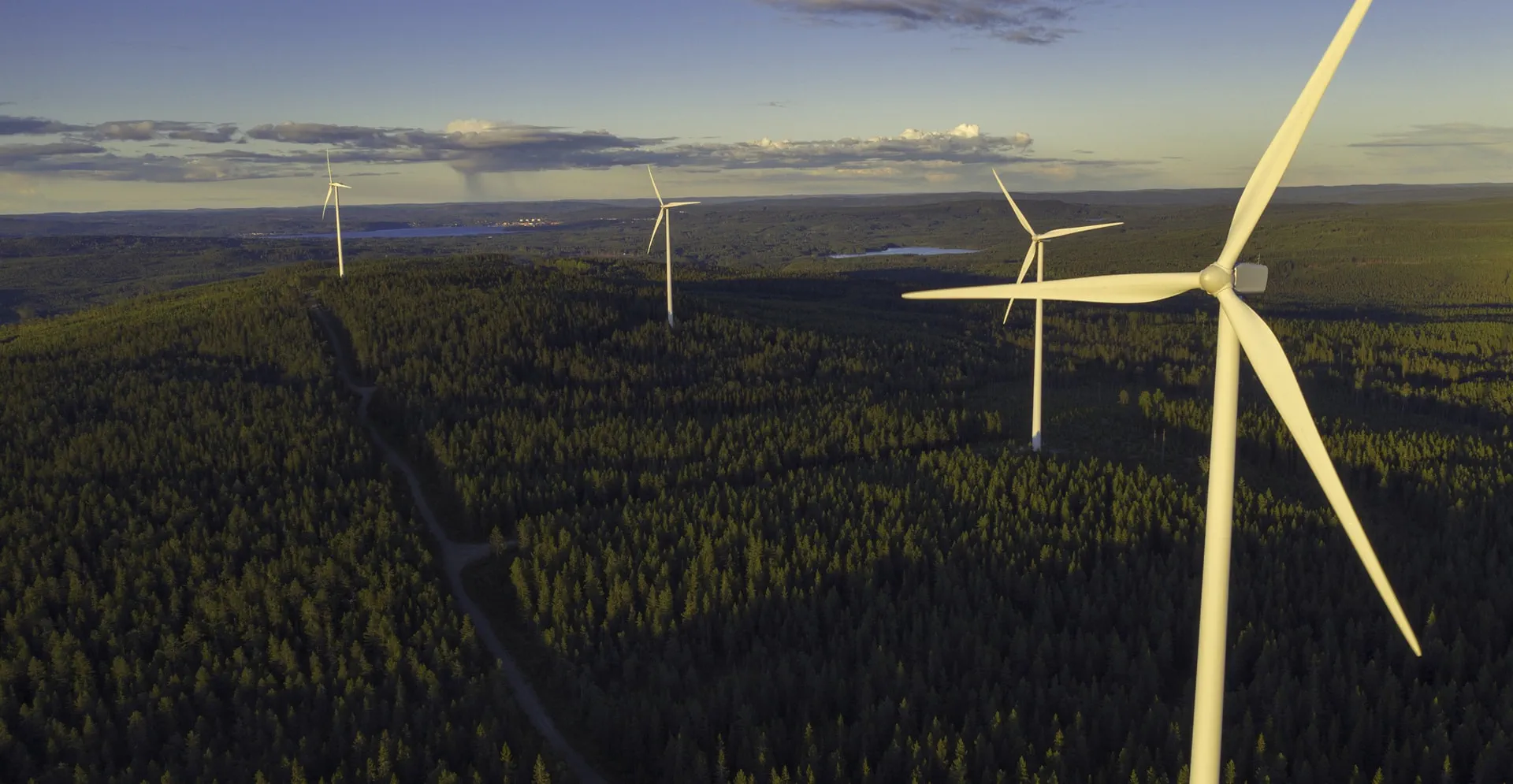We explore how we can collectively ‘invest in our planet’ by delivering nature-based solutions for people and the environment.
What do we mean by nature-based solutions? With urban population projected to increase to 68 percent of the world’s population by 2050, the pressure on our environment and natural resources is now greater than ever. This requires us to invest in our planet, finding ways to protect, manage, and restore the natural habitat. It also means lowering the impact of development on the environment so we can create sustainable, resilient and future proofed places.
Crucially, at Arcadis, our nature-based solutions deliver multiple environmental and human benefits that will help us reduce society’s impact and protect our planet for the future. This ranges from enabling and encouraging carbon reduction, to increasing biodiversity net gain, and generating greater wellbeing. Ultimately, all of our nature-based solutions share the same goal – to improve quality of life for the people and communities where we exist.
Proving nature-based solutions create better value for all
According to the World Economic Forum, investment in nature-based solutions needs to double by mid-century to help prevent an environmental crisis. This requires both the government and private sector to look at sustainable, nature-powered solutions when repairing, restoring and regenerating our ecosystems, environment and cities. But, are these solutions feasible?
Take our work in Germany’s Bavarian wetland region of Donaumoos, which offers a great example of habitat restoration in action, while creating value for stakeholders. Increasing urbanization and associated drainage was causing peat soil losses of 1-2 cm a year. This was a huge problem, not only in terms of loss of habitat for many plant and animal species, but also because moorland naturally absorbs carbon dioxide and acts as an effective flood protection barrier. In response, we created a digital system to model, analyze and develop water management measures. This ultimately helped deliver great value, preserving the peat soil, creating a valuable habitat for the wildlife, and contributing to flood protection in the Donaumoos natural area.
In the Netherlands, we have contributed to the eco-friendly design of the Wonderwoods building in Utrecht city centre. The two residential buildings feature “green roofs” comprising 360 trees and 9,640 shrubs, which collect rainwater and clean the air. The highest tower is designed to look like a 'vertical forest', with balconies and facades planted with shrubs and local tree species.
All around the world, our work on projects like these maximize habitat creation and other environmental benefits such as flood resilience, erosion resistance and carbon sequestration. This often involves an all-encompassing approach, from the design and planning of nature-based solutions to providing a business case for delivery for projects all around the world. It can include working on road improvement projects such as London’s Lower Thames Crossing, where we are evaluating a range of habitat creation options for carbon offsetting, or developing business cases for energy utilities businesses for investing in woodland creation, seagrass creation and peatland restoration to reduce carbon.
Recently, climate change has been exacerbating the effects of nutrient enrichment, which reduces diversity. So, we are also working with local planning authorities and home builders to calculate nutrient loads and develop nature-based solutions to prevent nitrates and phosphates from entering watercourses. These solutions bring additional benefits such as wider biodiversity and carbon reduction, meaning the impact is wide-ranging.
Our cost benefit analysis has shown that investing in nature-based solutions can provide a return on investment of 10 times the investment amount. This proves that bringing nature-based solutions in throughout the project lifecycle does pay off.
Investing in our planet from the ground up
It is not just large-scale clients and projects that can deliver change, community work has a huge impact too. To secure a sustainable future, we must ensure that nature’s benefits are shared by and invested in by all.
One of my favourite projects that Arcadis has been supporting is the award-winning TreeHouse School Eco therapy Garden in north London. We’ve been involved since 2015, using an area of land donated by Thames Water to help give young people with autism an enjoyable experience of horticulture, ecology and wildlife management. Not only does this space provide a safe and enriching opportunity to learn, but it also means the space is continually managed in a way that benefits local wildlife. The project has been transformative to teachers, students and the community with everyone getting involved and supporting and enjoying the space.
We can all make a difference. Planting native and wildlife friendly plants in gardens and window boxes, providing bird boxes or insect hotels for animals to shelter and breed like we did in Australia through our Local Spark Accelerator program following the devastating bushfires in 2019, and even creating hedgehog highways by allowing small openings at the bottom of fences – these are all relatively small ways to invest in our planet, but each can have a big impact.
There is incredible power in numbers. Globally, as much as a third of all our food is wasted, which contributes between 8 and 10 per cent of total greenhouse gas emissions. Instead, choosing to buy local, sustainably farmed and seasonal ingredients can help to reduce air miles as well as influence positive land management.
From world-leading, iconic global projects to grass-roots community engagement, we’re getting better at long-term thinking and action on the environment. But there’s lots more to do, and we all have a role to play. If we can collectively commit to investing in our planet, together we can make a difference and secure a sustainable future.




